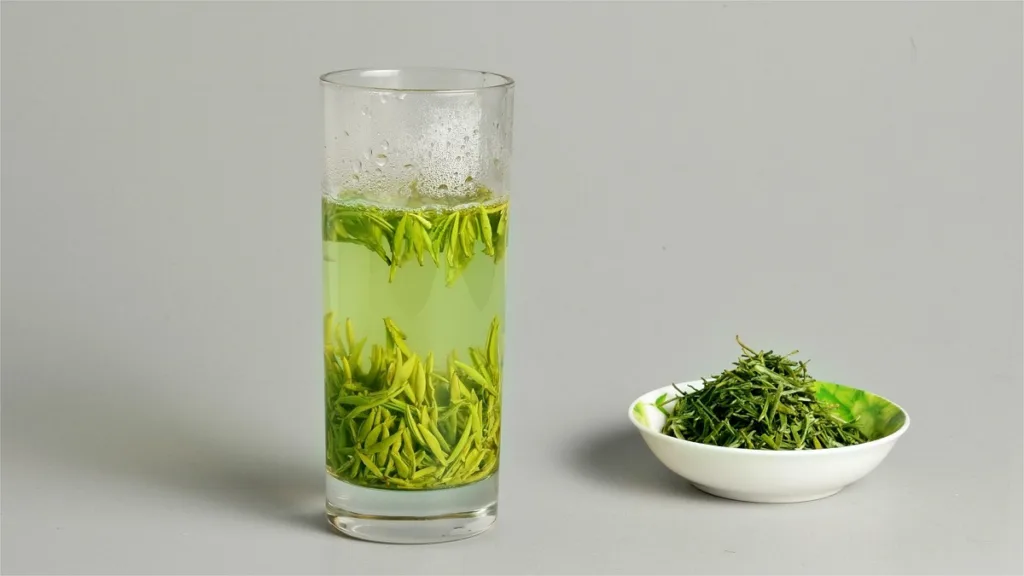While Dragon Well tea, also known as Longjing tea, is celebrated for its numerous health benefits, such as providing mental alertness, diuretic properties, antibacterial and antiviral effects, and even promoting dental health, it is essential to be aware of potential side effects that can occur with excessive and long-term consumption.
- Digestive Disturbances: Long-term, excessive intake of Dragon Well tea can lead to the acceleration of stomach acid dilution. This can interfere with the proper digestion of food and potentially result in digestive issues, including indigestion, abdominal pain, bloating, and even the development of duodenal ulcers. Individuals with preexisting gastrointestinal conditions should exercise caution and may need to avoid consuming this tea to prevent adverse effects on their digestive health.
- Elevated Blood Pressure and Heart Complications: Concentrated Dragon Well tea may contain a significant amount of caffeine. This caffeine content can lead to increased heart rate, subsequently causing a rise in blood pressure. Prolonged consumption of highly concentrated Longjing tea can overburden the heart and potentially induce symptoms like palpitations and chest tightness. In severe cases, it can exacerbate existing heart conditions. The caffeine in tea stimulates the cerebral cortex, and excessive consumption can lead to symptoms like nervousness, insomnia, anxiety, and restlessness. In extreme cases, it can trigger convulsions.
- Pregnancy Precautions: Pregnant women are advised to exercise caution and limit their consumption of Dragon Well tea. Excessive intake during pregnancy may potentially impact the developing fetus and the infant’s nervous system. Furthermore, it could be a risk factor for certain health issues during and after pregnancy. Pregnant women should consult with their healthcare provider to determine safe levels of tea consumption during this crucial period.
- Caffeine Sensitivity: Some individuals are more sensitive to caffeine, and Dragon Well tea does contain caffeine. Excessive intake can lead to symptoms such as jitters, restlessness, increased heart rate, and difficulty sleeping. Those who are particularly sensitive to caffeine should be cautious about their consumption of Longjing tea.
- Kidney Health: Long-term excessive consumption of tea may pose a risk to kidney health. Tea contains oxalates, which can contribute to the formation of kidney stones in susceptible individuals. It’s essential to maintain adequate hydration and monitor tea intake, especially if you have a history of kidney issues.
- Bone Health: While the compounds in Dragon Well tea can have a positive impact on dental health, excessive tea consumption may lead to potential issues with calcium absorption. High levels of fluoride in tea can bind to calcium and decrease its absorption, which could, in the long run, affect bone health. Ensuring a balanced diet rich in calcium can help mitigate this risk.
In conclusion, Dragon Well tea offers a multitude of health benefits when consumed in moderation. However, excessive and prolonged consumption can lead to adverse effects, particularly for individuals with specific health conditions or sensitivities. It’s crucial to be mindful of your personal tolerance and consult with a healthcare professional if you have any concerns regarding your tea consumption, especially during pregnancy or if you have preexisting health conditions.




